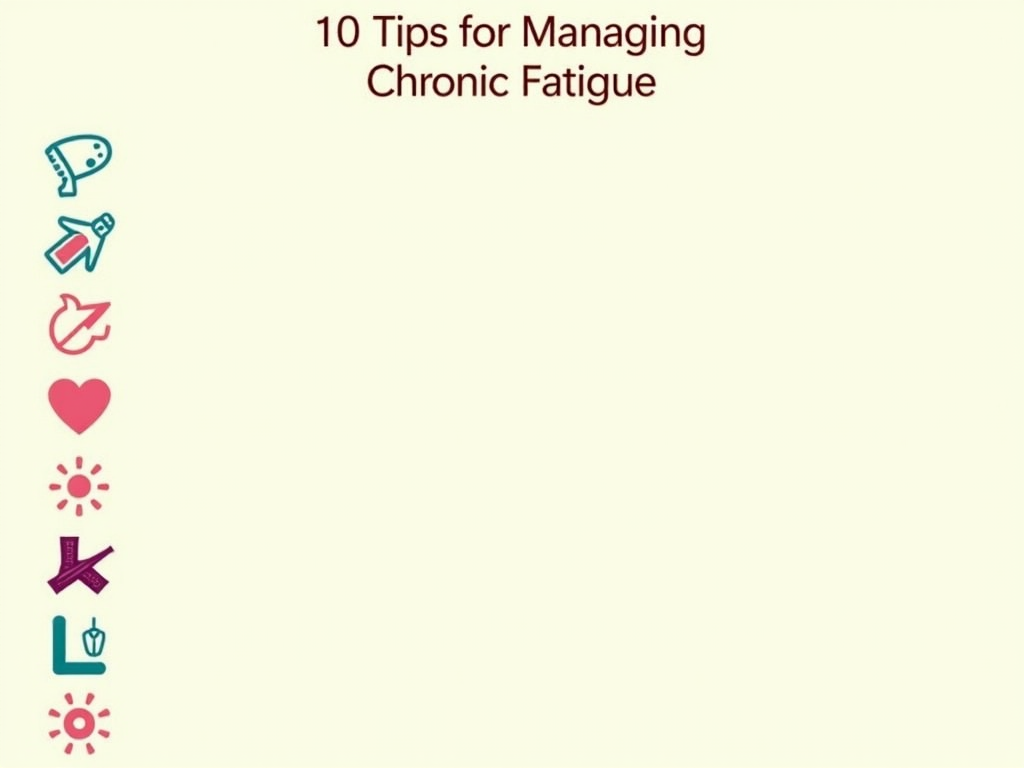Living with a chronic illness can be tough, but you don’t have to do it alone. A solid support network can ease the burden, offering help and hope. This article dives into Building a Support Network for Chronic Illness: Tips and Resources, with advice and tools to manage conditions like chronic fatigue.
Understanding Chronic Illness and Its Impact
Chronic illnesses are health conditions that last a long time and need ongoing care. They’re different from short-term sickness because they don’t just go away. Think of things like diabetes, arthritis, or chronic fatigue syndrome (CFS). These conditions can mess with your daily life—your job, your hobbies, even your mood.
Take chronic fatigue, for example. It’s more than just being tired. It’s a deep exhaustion that sticks around, even after a full night’s sleep. Simple stuff like washing dishes or walking the dog can feel impossible. The Centers for Disease Control and Prevention (CDC) says millions deal with CFS, but many feel misunderstood. That’s where a support network comes in—it can make a huge difference.

Why a Support Network Matters
A support network is a group of people who help you through life’s ups and downs. For chronic illness, it’s a mix of emotional support, practical help, and sometimes even money advice. It might include:
- Family and Friends: They listen, cheer you up, or pitch in with tasks.
- Doctors and Therapists: They guide your health and offer expert tips.
- Community Groups: People who get what you’re going through.
This network can cut down on loneliness and give you a boost when you’re feeling low. It’s not just nice to have—it’s a game-changer.
Building Your Support Network: Practical Steps
Creating a support network takes some work, but it’s worth it. Here’s how to get started:
1. Tell People What You Need
It’s hard to ask for help, but being clear is key. If you’ve got chronic fatigue, you might say, “I’m wiped out today—can you grab groceries for me?” Most people want to help; they just need to know how.
2. Talk to Pros
Doctors and counselors are part of your team. They can suggest treatments or ways to cope. If you’re feeling down, a therapist who knows chronic illness can really help.
3. Find Your People
Support groups are gold. Online spots like the Chronic Fatigue Syndrome subreddit let you swap stories and tips with folks who get it. Local groups work too—just check community boards or ask your doctor.

4. Teach Your Crew
Not everyone knows what chronic fatigue feels like. Share a quick article or explain it yourself. You could say, “I only have so much energy each day—like a battery that won’t recharge.” It helps them understand why you skip plans sometimes.
5. Use Tech
Apps can keep you on track. Try MyTherapy to manage meds or symptoms. Or use CaringBridge to update everyone at once. Here’s a handy list:
| App Name | What It Does | Link |
|---|---|---|
| MyTherapy | Tracks meds and symptoms | MyTherapy |
| CaringBridge | Shares health updates | CaringBridge |
| PainScale | Helps with pain tracking | PainScale |
Tech keeps you connected, even on rough days.

10 Tips for Managing Chronic Fatigue
Chronic fatigue hits hard, but these tips can help you handle it:
- Pace Yourself: Split tasks into chunks—don’t overdo it.
- Sleep Smart: Stick to a bedtime routine; keep your room calm.
- Drink Up: Water fights fatigue—keep a bottle handy.
- Eat Right: Go for fruits, veggies, and proteins for steady energy.
- Move a Little: Try stretching or a short walk—nothing too intense.
- Chill Out: Deep breaths or quiet time can ease stress.
- Say No: Skip stuff that wears you out—it’s okay.
- Grab Tools: A shower stool or cart saves energy.
- Log It: Write down what tires you out to spot patterns.
- Celebrate: Even small wins count—give yourself a pat on the back.
These aren’t magic fixes, but they can make days better.

Resources to Lean On
Need more help? Check these out:
- National Institute of Health (NIH): Tons of info on chronic conditions.
- Solve ME/CFS Initiative: Support and resources for chronic fatigue.
- The Mighty: Stories and community for illness warriors.
These spots offer real info and connections. Bookmark them for tough days.

Wrapping Up
Building a Support Network for Chronic Illness isn’t just a nice idea—it’s a must. From friends to apps, every piece helps you manage stuff like chronic fatigue. Take it slow, reach out, and use what works for you. You’ve got this, and you’re not alone.
Discuss Here